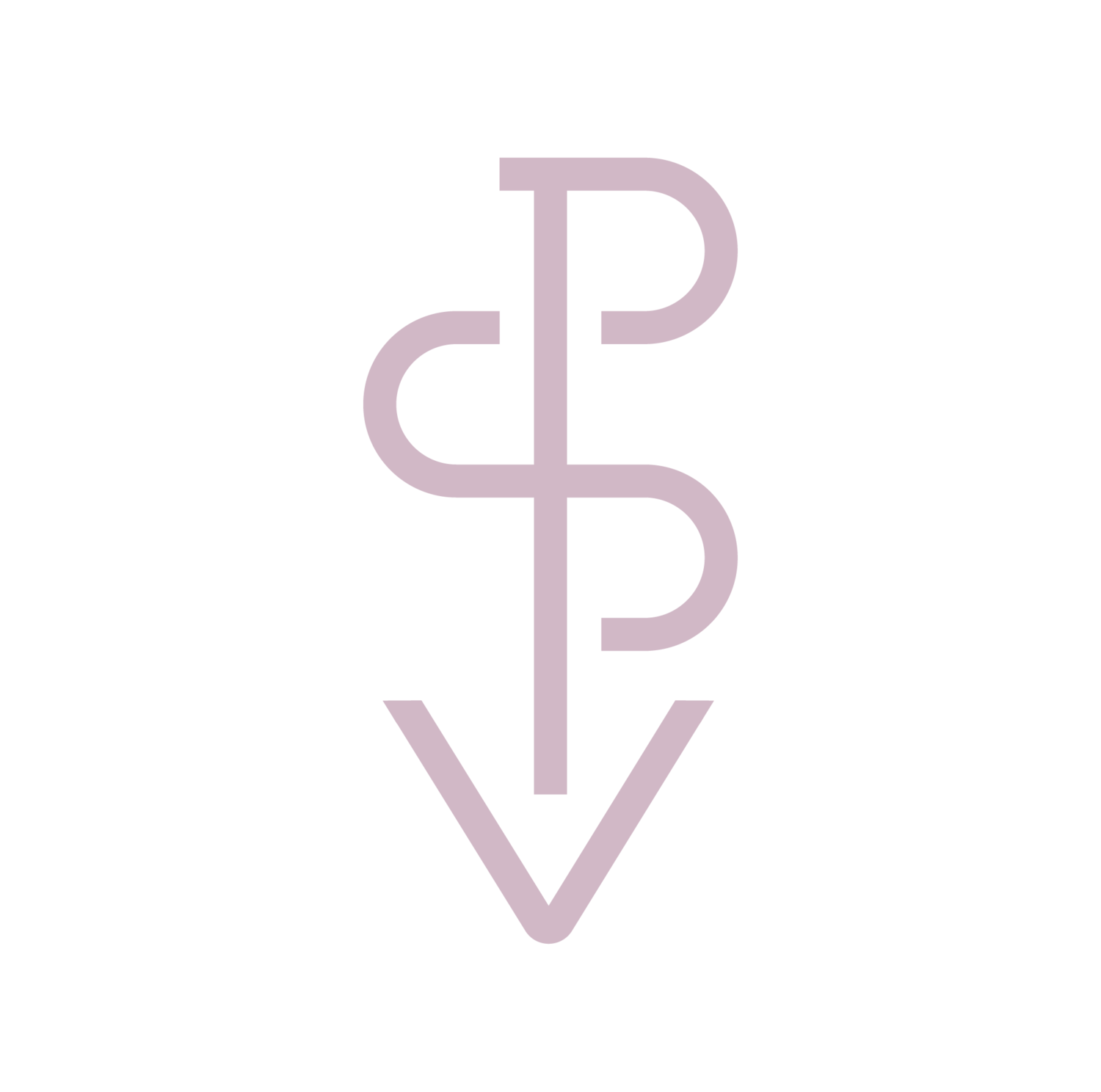SHARMADEAN REID ON PIVOTING, COMMUNITY AND WOMEN IN BUSINESS
Sharmadean Reid is a visionary entrepreneur and a champion for women. She’s founded magazines, beauty businesses and most recently The Stack World, backed by Index Ventures and Local Globe. In 2015 she was awarded an MBE for services to beauty and women.
The Stack World began life as Beauty Stack, a software for beauty businesses and pivoted to its current iteration during the pandemic: a platform that enables women to find, create and grow their own community.
If Sharmadean wasn’t building businesses, empowering women and tapping into the cultural zeitgeist, she would be an artist or a philosopher. So we’re sharing her wisdom as a treatise on pivoting, community and women in business.
On the trigger moment she pivoted Beauty Stack to the Stack World
When Boris announced lockdown. It was December 2020. My grandma had just passed away so I was in Jamaica. They were literally sending planes to bring people back from different places in the world, I was one of them.
Christmas is peak season and when you make most of your money in the beauty industry. We had seen our GMV triple in the one month when lock down stopped and then they went straight back down when lockdown 2 was announced. Everything was up in the air. So we huddled together and in eight weeks we built a brand new CMS and a brand new membership platform. It was actually amazing. We used a lot of the backends that we already had.
We launched the stack world on March the 8th, 2021. We had a thesis around women needing community, but we didn't really know what type of community. We had these five content pillars of beauty, wellness, business, culture, society and experimented with hundreds of events.
Since then [having built both a web and mobile app] we’ve seen 450 communities created in the app and done over 2000 events. Then from this year we started getting a lot of interest from corporates, who said to us; ‘Wow, how have you built such an engaged network of amazing ambitious women? Can you do it for us?’
I've had my first pandemic as a business owner, which you know we had to pivot, and now a recession looming. So from March/April we have been developing a private version of the stack for corporate companies to be able to power their women's networks and make them as incredible and engaging.
On the worst and best parts of pivoting
The worst was constantly questioning if we’d actually made the right decision or done the right thing. At some points I just made a decision to draw a line under it. Otherwise you really will depress yourself and you will constantly tire your brain out. At some point, you have to get on with it.
The best; the response was really overwhelming. Everyone was like, Oh my God, this is incredible. There's nothing like this. This is what you should have been doing from day one, which I was like, OK, cool, wish you’d told me about five years ago.
On how she taps into the cultural zeitgeist
I used to be a trend forecaster when I was fresh out of uni and where that comes from is pattern recognition across lots and lots of different industries, so I don't necessarily just look at what's going on with women and ask, OK, what's the trend? You might be looking at politics or art or music or fashion and asking what are all of the things that are happening across all of these different industries and what are they trying to say? For example people may be looking for comfort, community and safety in their consumer choices. What are they trying to say? I'm scared. I'm anxious. I'm lonely.
My creative process comes from intuition, which is not guessing. It’s pattern recognition that is steeped into the subconscious.
On power networks and community
So right now, we've really focused on networking because I feel like there's something about women building power networks that resonates at the moment. And what does that actually mean? Women don't like the word networking in its formal capacity, but they do like the idea of building their power network. Why is that? While they're feeling lonely, they see these boys clubs. They see men going golfing. They see men doing these things, patting each other on the back and they want to be part of that. So then we start communicating and thinking about the history of networks, how to build your network and we give them tools to do that.
Let's say you're doing sustainable finance. There might be workplace communities like, sustainable investing, climate change club, art exhibitions, soccer clubs, cocktail clubs, running yoga, meditation. It doesn't matter, we don't care about what the topic is. What we've seen from the stack is that when you get women together to connect, then they start talking about other things like salary negotiation, maternity leave.
There's been a lot of talk about mentoring at work sponsorship allyship. We believe that friendship is really key to basically growing your peer group together so that people don't leave the funnel and we get more women leaders.
On women in business
Women globally are the fastest growing demographic of small business owners and have been for a long time. Do women have the access to mentorship capital networks to be able to take it to the next level? Not necessarily. Do they have support around family, childcare and unpaid labour? Not at all, so I think it's not the it's not the starting point that is the issue, it's actually the scaling point. That's where women tend to fall behind. They're not getting funded, and they're not getting supported.

